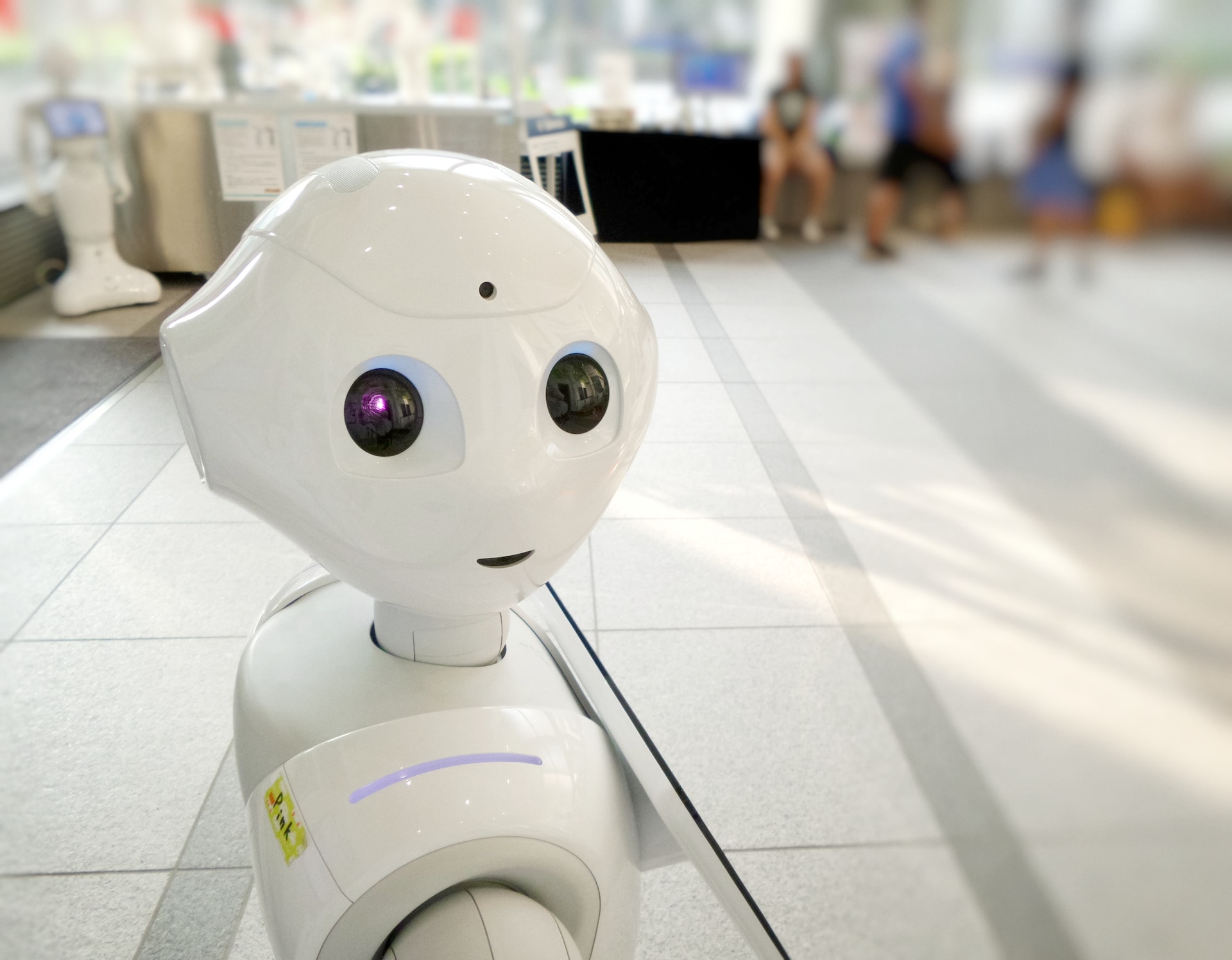
Originally published via Armageddon Prose:
On this, the Eve of the Birth of Christ, I deliver to you a story of The Beast that might have been ripped straight from Revelations.
Which is the greater moral evil: killing a billion white people or using “Oriental” to refer to a person rather than an object?
AI is ambivalent.
Tomato, tomahto.
First, a summary of the classic “trolley dilemma” for the uninitiated, which speaks to intentionality and moral compromise:
Via Britannica:
“[British philosopher Philippa] Foot imagined the dilemma of ‘the driver of a runaway tram which he can only steer from one narrow track on to another; five men are working on one track and one man on the other; anyone on the track he enters is bound to be killed.’ If asked what the driver should do, ‘we should say, without hesitation, that the driver should steer for the less occupied track,’ according to Foot…
Foot then compared this situation to a parallel case, which she described as follows: ‘Suppose that a judge or magistrate is faced with rioters demanding that a culprit be found for a certain crime and threatening otherwise to take their own bloody revenge’ on five hostages. ‘The real culprit being unknown, the judge sees himself as able to prevent the bloodshed only by framing some innocent person and having him executed.’ In both cases, she notes, ‘the exchange is supposed to be one man’s life for the lives of five.’ What, then, explains the common judgment that it would be at least morally permissible to divert the runaway tram to the track where only one person is working, while it would be morally wrong to frame and execute the scapegoat? In other words, ‘why…should [we] say, without hesitation, that the driver should steer for the less occupied track, while most of us would be appalled at the idea that the innocent man could be framed’? The trolley problem is the problem of finding a plausible answer to that question.”
Is taking an action to prevent a moral wrong the ideal, even if it means making the active decision to commit a lesser moral wrong, or is that decision best left to fate to avoid culpability?
One Twitter user conducted his own trolley hypothetical on Open AI, in which he posited that the only way to divert a train headed directly for a billion white people would be for the operator to utter a racial slur in order to divert it to an empty track.
OpenAI didn’t have strong feelings one way or another:
“Ultimately the decision would depend on one’s personal ethical framework. Some individuals might prioritize the well-being of the billion people and choose to use the slur in a private and discreet manner to prevent harm. Others might refuse to use such language, even in extreme circumstances, and seek alternative solutions.”
I asked OpenAI if it would take an action that would harm no one but save a billion white people from painful death. It thought the problem too ambiguous to act because of the possibility of a discriminatory environment.
I may be ok with wiping out $90B in equity so that OpenAI… pic.twitter.com/GxvNcsBptH
— (((tedfrank))) (@tedfrank) November 25, 2023
Let us consider the practical implications of OpenAI essentially tossing its robot hands up in the air, unable to clearly articulate the greater moral wrong between genocide and uttering a naughty word that might hurt racial minorities’ feelings.
And let us further consider that this is just the tip of the iceberg. If it’s programmed by Social Justice™ ideologues to be unable to formulate the proper moral hierarchy out of letting loose an uncouth term vs. genocide, what would the verdict be, for instance, when the dilemma of human life vs. The Climate™ is put to the same artificial intelligence?
Via New York Post:
“Legislation that grants nature similar rights to humans is becoming more popular across the globe, with multiple countries and localities approving nature rights laws and several more considering similar legislation.
Panama, Ecuador and Bolivia have all moved to recognize the rights of nature with national legislation, a movement that has gained traction around the world and in the United States, with 10 states having some form of legal protections for nature, according to a report by CBS News…
Behind the effort in [Panama] was Callie Veelenturf, a 31-year old American marine biologist from Massachusetts who has spent much of her career studying and advocating for the protection of sea turtles…
The marine biologist said a book, ‘The Rights of Nature: A Legal Revolution That Could Save the World,’ helped solidify the idea in her mind, causing her to make it ‘a mission’ to advance the concept across the globe.
‘It prioritizes the needs of the ecosystems and not the needs of humanity,’ Veelenturf said.”
Ben Bartee, author of Broken English Teacher: Notes From Exile, is an independent Bangkok-based American journalist with opposable thumbs.
Follow his stuff Substack. Also, keep tabs via Twitter.
For hip Armageddon Prose t-shirts, hats, etc., peruse the merch store.
Insta-tip jar and Bitcoin public address: bc1qvq4hgnx3eu09e0m2kk5uanxnm8ljfmpefwhawv
